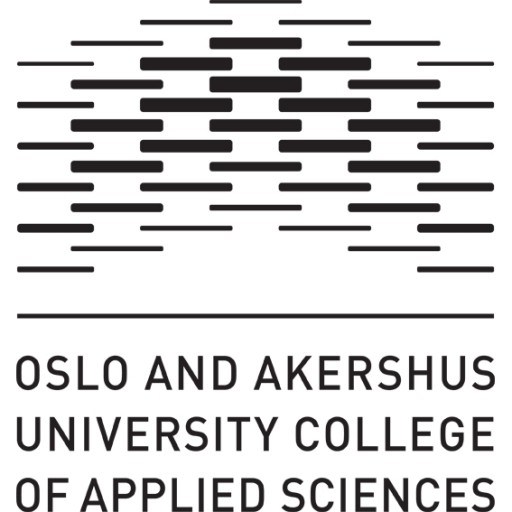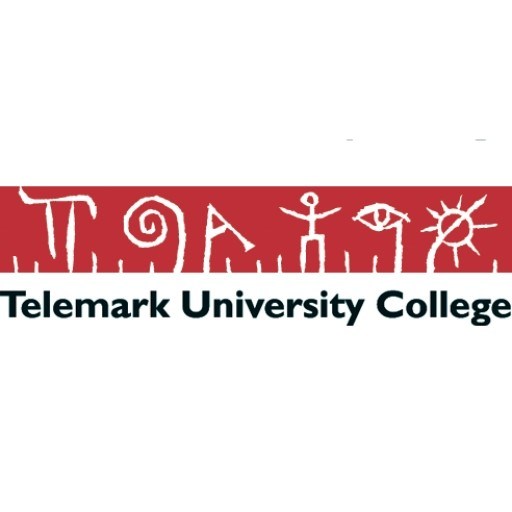International Environmental Studies at the Norwegian University of Life Sciences (NMBU) offers a comprehensive and multidisciplinary education designed to equip students with the knowledge, skills, and perspectives necessary to address complex environmental challenges on a global scale. This program emphasizes the interconnectedness of ecological, economic, and social systems, aiming to foster sustainable development and environmental stewardship. Students will engage with contemporary issues such as climate change, biodiversity loss, pollution, resource management, and environmental policy, gaining insights into both scientific and societal dimensions of environmental problems. The curriculum combines theoretical coursework with practical fieldwork, case studies, and project-based learning to promote critical thinking, problem-solving, and collaborative skills. Throughout the program, students will develop expertise in environmental assessment, sustainability science, and international environmental governance, preparing them for careers in research, policy-making, consultancy, NGOs, and international organizations. The program also encourages intercultural understanding and communication skills, recognizing the importance of global cooperation in tackling environmental issues. With a strong foundation in environmental sciences complemented by courses in economics, politics, and ethics, graduates will be well-equipped to contribute to creating sustainable solutions at local, national, and international levels. The program is designed to be flexible and innovative, supporting students in pursuing their specific interests and career ambitions within the broader frame of international environmental challenges. Upon completion, students will be qualified to work in diverse sectors that focus on sustainable development, environmental protection, and climate action, making meaningful contributions to a more sustainable future for all.
The International Environmental Studies programme at the Norwegian University of Life Sciences is designed to equip students with comprehensive knowledge and practical skills to address complex environmental challenges on a global scale. The curriculum emphasizes interdisciplinary understanding, integrating natural sciences, social sciences, and policy studies to provide a well-rounded perspective on environmental issues. Students will explore topics such as sustainable development, ecological conservation, climate change, environmental policy, and international cooperation. The programme encourages critical thinking and active engagement through case studies, fieldwork, and project-based learning, enabling students to develop innovative solutions for environmental problems. Collaboration with international partners and exposure to global environmental governance frameworks prepare graduates to work effectively in diverse settings. Throughout the programme, students will gain insights into the relationship between human activities and ecological systems, learn to assess environmental impact, and formulate strategies for sustainable management of natural resources. The programme aims to produce graduates capable of contributing significantly to environmental policy-making, research, and practical implementation across various sectors. With a strong focus on international issues, intercultural communication, and real-world applications, students will be prepared for careers in NGOs, governmental agencies, international organizations, research institutions, and the private sector focused on sustainability and environmental protection. The programme combines theoretical foundations with experiential learning, ensuring students are well-equipped to meet the demands of a changing global environment.
The International Environmental Studies master's degree program at the Norwegian University of Life Sciences (NMBU) offers various financing options for prospective students. Tuition fees for international students are established according to the regulations set by NMBU and are subject to annual adjustments. For the academic year 2023-2024, the tuition fee for international students enrolled in Master's programs was approximately 90,000 NOK per year, payable in two installments. Norwegian and EU/EEA students often benefit from reduced or no tuition fees due to government regulations, but international students from other countries are required to pay the full fee. Financial support opportunities such as scholarships are available for qualified international applicants. NMBU offers the NMBU Scholarship for International Students, which is merit-based and aims to support outstanding students financially. Applicants can also explore external scholarship programs from governments, non-governmental organizations, and international agencies, which may support studies in environmental sciences. In addition to scholarships, students are advised to consider alternative funding avenues, including student loans available through their home country or international financial institutions. Living costs in Norway, including accommodation, food, transportation, and health insurance, should also be budgeted separately by prospective students. The university recommends early application for financial aid and emphasizes the importance of detailed financial planning to ensure successful completion of the program. Further details about funding options, application procedures, and deadlines can be found on the official NMBU website, particularly in the section dedicated to international students. Students are encouraged to contact the university's student services office for guidance on financing their studies and exploring all available financial aid opportunities.
The International Environmental Studies (IES) program at the Norwegian University of Life Sciences (NMBU) is a multidisciplinary degree designed to prepare students for addressing complex environmental issues on a global scale. The program emphasizes understanding the interconnectedness of ecological systems, economic development, and social justice, aiming to equip students with the knowledge and skills necessary to develop sustainable solutions. The curriculum integrates courses in ecology, environmental policy, international law, climate change, and sustainable development, providing a comprehensive overview of environmental challenges faced worldwide. Students have the opportunity to learn from experienced faculty members who are actively engaged in research and consultancy work relating to international environmental issues. The program encourages critical thinking, cross-cultural understanding, and active participation in projects that promote environmental awareness and sustainable practices. As part of their education, students may participate in fieldwork, internships, or thesis projects that involve collaboration with international organizations, government agencies, or NGOs. The program is designed to enhance students’ language skills and intercultural competence, preparing them for careers in international organizations, environmental consultancy, policy-making, research, or advocacy. The program typically attracts a diverse student body from various countries, fostering an international learning environment. Graduates of the International Environmental Studies program are equipped with the analytical tools, practical experience, and global perspective necessary to contribute effectively to sustainable development initiatives. The program may be offered in English to facilitate international participation and collaboration. Overall, the IES program at NMBU reflects the university’s commitment to environmental sustainability, social responsibility, and the goal of creating environmentally conscious professionals capable of making a positive impact on global environmental challenges.





